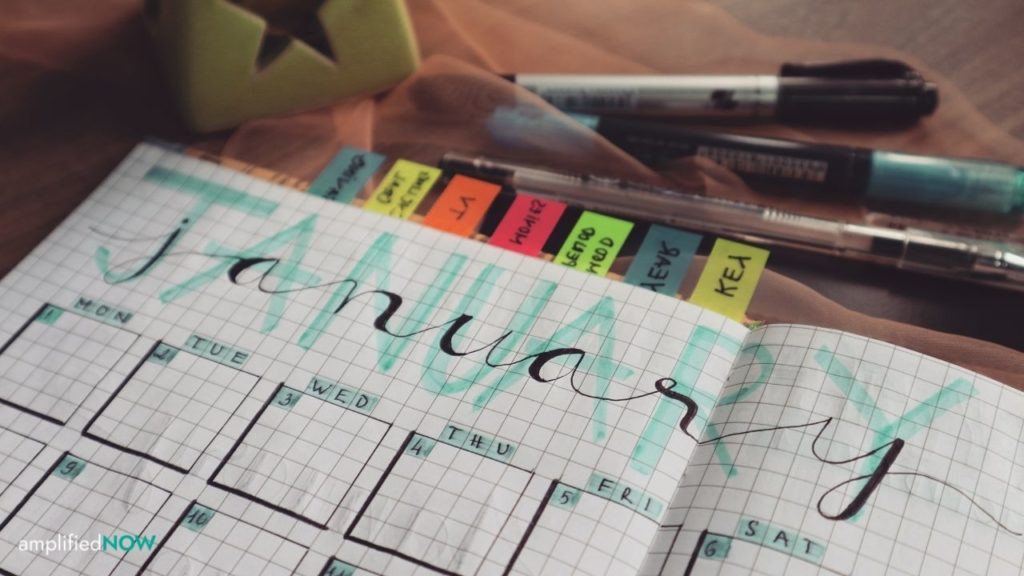Maintaining Consistent Cash Flow as a Freelancer
Nothing quite beats the freedom of being your own boss, sippin’ on your favorite cup of joe from your cozy home office. Freelancing can sure feel like living the American Dream! However, maintaining a consistent cash flow can be like riding a roller coaster with thrilling ups and cringe-worthy downs. But hey, who said freelancing should come with a masterclass in juggling finances, right? Let’s break this down together and get your cash flow under control.
Understanding Your Expenses
Like any good escape room game, the first clue lies in understanding your current situation. Er, we’re talking about your expenses, people!
Start by breaking down your monthly costs. Include everything from rent, utilities, car payments, to meals and Netflix subscriptions. Sure, Netflix counts! Keeping tabs on these expenses helps you get a clear picture of your minimum monthly income target.
Maintaining A Savings Cushion
Remember when we’d hide our spare change in a piggy bank as kids? Well, consider this the grown-up version. Having a few months’ worth of expenses saved is like having a safety net when you’re walking on the freelance tightrope.
This ‘rainy day’ stash can save the day during slow months. Financial advisors like Dave Ramsey often suggest maintaining three to six months’ worth of expenses in savings. Trust me, it’s a life(and business)saver!
Diversifying Your Income Streams
You know how the saying goes, ‘Don’t put all your eggs in one basket.’ Or as we say in freelancing, don’t rely on just one client or project.
Create multiple income streams. This could mean taking on a variety of projects, offering different services, or even starting a side hustle. It’s worth checking out resources like The Side Hustle for tips!
Setting Up An Emergency Fund
Right, we’ve just managed to keep the boat afloat with regular expenses and savings. Now comes the unexpected monsters from the deep – unexpected expenses. But fear not! This is where your emergency fund steps in.
Whether it’s a sudden gadget repair, a medical emergency, or unplanned travel, your emergency fund is like a superhero swooping in to save the day!
Planning Ahead with Contracts
Let’s be real – freelancing can feel like walking on thin ice sometimes. That’s where contracts swoop in and throw you a lifeline.
A well-written contract can secure steady work and income. Sites like Hello Bonsai offer various contract templates for freelancers – no law degree needed!
Remember, consistent cash flow is not about sweating the small stuff but about crafting a smart strategy. So, enjoy that cup of joe and keep these tips in mind as you navigate the thrilling journey of freelancing! Good luck, you financial whiz, you!
Learning to Budget
Another crucial step to achieving financial stability as a freelancer is learning to budget. Since your income amount can fluctuate, your budgeting plan might look a bit different than that of a typical salaried worker.
You should consider creating a budget based on your lowest earning month to account for any potential income dips. If you earn more than expected in a particular month, put the extra money into your savings or emergency fund. Check out You Need A Budget – an app specifically designed for flexible incomes.
Keeping Track of Your Expenses
It’s a simple, but highly effective rule – the better you manage your finances, the better off you’ll be. That means tracking every expense, not just business ones. Knowing where your money is going can help you identify areas where you can cut back.
Apps like Mint or Spendee can help you categorize and monitor your expenses, and you can see your spending habits at a glance.
Understanding Tax Obligations
Last but not least, don’t forget about taxes! A common pitfall of freelancing is not preparing for tax season. As a freelancer, you’re expected to pay taxes on your net earnings from self-employment, including both income tax and self-employment tax.
Be sure to set aside a portion of your income for taxes throughout the year – a general rule of thumb is about 20-30%. Apps like Taxbot can help you keep track of tax deductions and expenses.
No one said freelancing was easy, but with a strong handle on your finances, you’re ready to take on anything. Stay organized, stay diligent, and above all, keep forging ahead on your path to freelancing mastery!
In conclusion, financial management is crucial for freelancers who want to succeed and avoid financial pitfalls down the road. Staying organized, planning ahead, and using tools and apps for budgeting, expense tracking, and tax obligations can help keep your financial health on track. Being proactive about your finances not only contributes to your overall success but also allows you to focus on what you truly love, and that is your freelance work. The key is to take control of your financial destiny and turn your passion into profit. Keep pushing forward and forge your own path to success!
Creating a Business Budget
Just like in your personal life, having a budget for your business helps you effectively manage your income and expenditure. It keeps you from spending more than you earn, helping you avoid debt that can cripple your business. Plus, a budget allows you to plan for future growth.
To create a budget, you need to estimate your income and list down all your expenses. Once you’ve done that, subtract your expenses from your income. The result should ideally be positive – that you’re earning more than you’re spending – so you can set aside some for your savings or re-invest it back into your business.
Creating an Emergency Fund
Freelancing can be unpredictable – you could be earning a lot one month and then not so much the next. That’s why having an emergency fund is crucial. It gives you a financial safety net for when times get tough, so you won’t have to worry about how to pay your bills or run your business.
An emergency fund should ideally cover at least three to six months of your living and business expenses. To build one, you can start by setting aside a small portion of your income each month until you reach your targeted amount.
Avoiding Debt
While it’s sometimes necessary to take on debt to start or grow your business, you want to be careful not to fall into a debt trap. Having too much debt can strain your finances and stunt business growth.
To avoid debt, it’s crucial to manage your cash flow properly. Make sure to invoice your clients promptly and follow-up on overdue payments. Additionally, try to keep your expenses low and save up for large purchases instead of relying on credit.
Debt can also come from underestimating your tax obligations, so be sure to set aside enough funds for this purpose.


